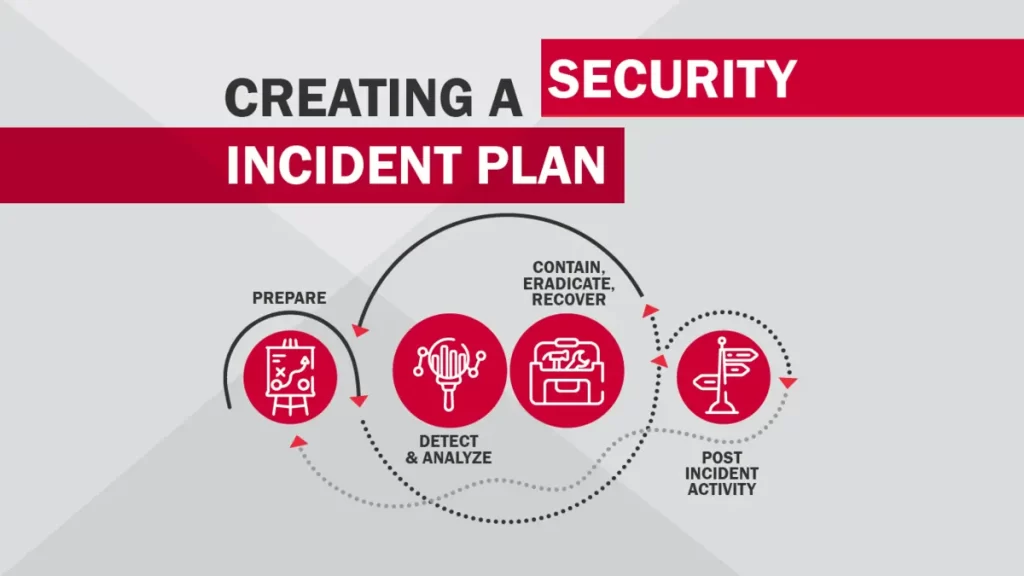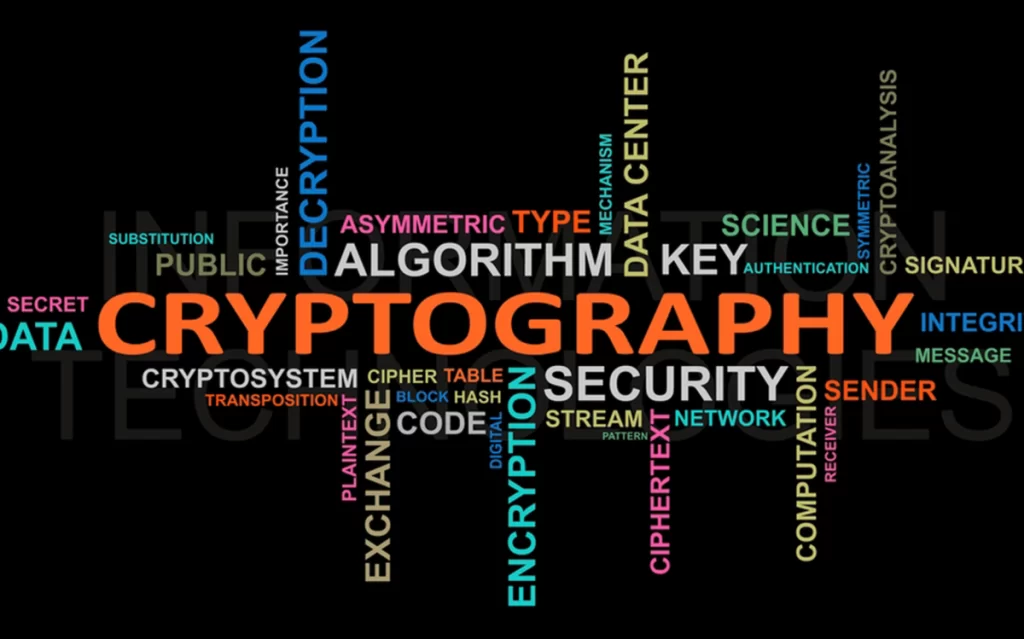How to prepare for an infosec interview by Fabio Baroni
Fair use disclaimer: I do not own this content. This post contains excerpts (“highlights”) from a longer article used here solely for educational purposes. All credits go to its rightful owner. Please see Citation information.
<You just received an email from a big company asking you whether you’d be interested in coming in to interview for a position as an information security specialist or a penetration tester … What do you do?>
You may also be interested in How to break into information security.
Take time to get to know yourself
<Now it’s time to leverage the good reputation you’ve got … Take a notebook and a pen and write down who you are, what your education has been, your professional experience, your fields of expertise, your strongest social skills, your certifications, your interests, a few things you are really good at, and your hobbies.
<When you’ve done that, write what your personal goals are, what your dream job would be, what you really would like to do with the rest of your career. Then take a red pen and circle those areas and keywords that are most relevant for you. Write those words on a new piece of paper, and see if you can draw a line to logically connect them together. Plotting things out this way will also help you see if there are some weaknesses or obstacles that you need to solve before reaching your goals.>
<Now that you’ve refreshed your sense of “you,” take another look at that email and focus on the job description. Is it something that might be of interest?>
<use the information you gathered to write a good résumé (if you don’t have one already) and a cover letter tailored to the specifics of the job and company. Proofread it (carefully—and no, just using a spellchecker isn’t enough). Then send it off to the recruiter.>
Study and practice
<Do your homework before the interview. If you don’t have much time for studying new things, at least review some important topics and think of the questions your interviewer might ask you.>
Present your best self
<93 percent of our communication is delivered by non-verbal means such as body movements, gestures, intonation of the voice, and proxemics (distance between you and your interlocutor). It takes just one-tenth of a second for someone to judge you based on a first impression, and that judgment can be lasting. It’s harder to turn a negative first impression into a positive one than vice versa.>
If you’re not offered the job
<Hey, it happens to us all … if you know you didn’t put your best foot
forward in the interview, analyze what happened, and think about what you might do differently next time.>
If you’re offered the job
<Congratulations: You should feel proud of yourself. And remember that until you sign a contract, you’re not committed to the job. You may want to reconsider the offer or go for other interviews so you have a better basis for comparison. You are free to do what you want in your life, including accepting or refusing a job offer—or even trying to strike a compromise so a position will suit you better.>
<If the job you’re aiming for is challenging, be ambitious. Don’t worry if you don’t know everything, as long as you have a strong foundation to build on … my advice is to seize the chance and attempt the interview even if you aren’t totally confident in your success.>
Citation information
Fabio Baroni. (2016). How to prepare for an infosec interview (Ch. 3). In Beginner’s Guide To Information Security (pp. 18-21). Peerlyst. Retrieved from https://www.peerlyst.com/posts/peerlyst-announcing-its-first-community-ebook-the-beginner-s-guide-to-information-security-limor-elbaz



